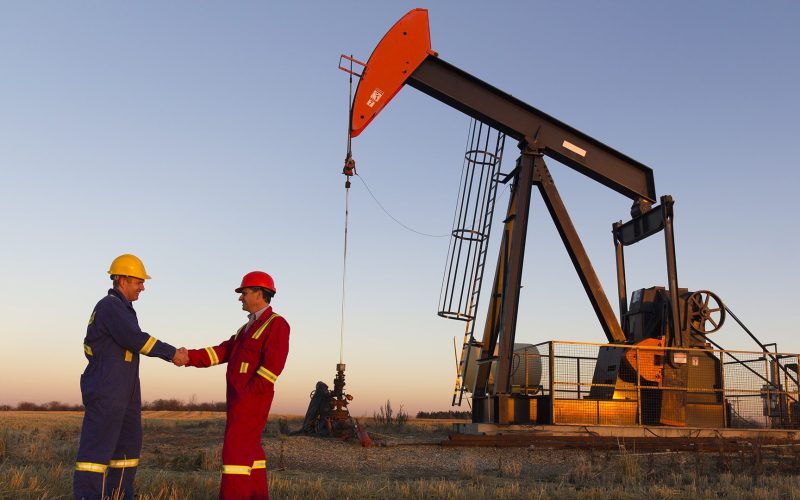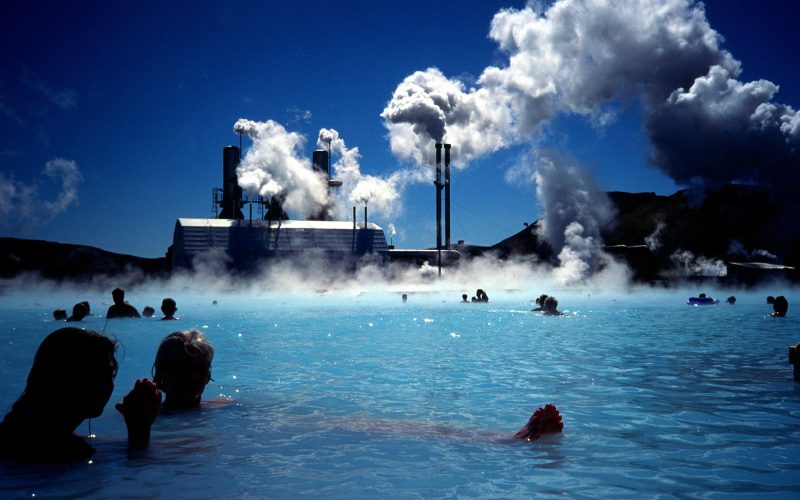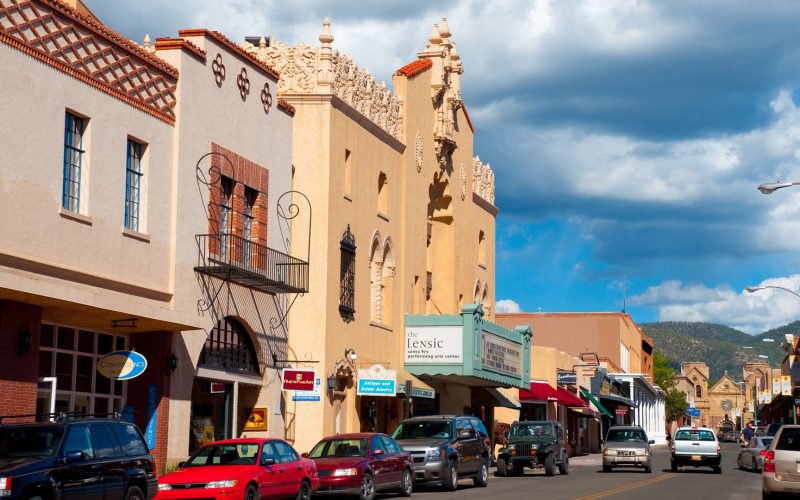THE VOICE FOR THE ENERGY CONSUMER

CEA’s David Holt discusses the lower gas prices and what we can expect to see for energy consumers and workers in the energy industry. “We are going to see cyclical.

Looking at the importance of bipartisanship, CEA’s Emily Haggstrom talks about how New Mexico’s regulatory climate has lowered costs for families while encouraging businesses and energy producers to stay. There’s.

Orlando, Fla. — Thanks to increased production and safer, state-of-the-art technologies – which together have decreased the price of natural gas – Florida’s families and businesses saved more than $8.

U.S. Energy Storage Market is Growing In a new analysis by Wood Mackenzie the U.S. energy storage market is expected to grow rapidly over the next few years, possibly doubling.

When most people think of energy, they think of oil and gas, solar and wind, and nuclear. Unless you live in a country like the Philippines, Indonesia, or even Iceland,.

It’s not what you use, it’s how you use it. So, as we look at new ways to save energy and make our lives more efficient, these are some of.

With one of the largest budget surpluses in New Mexico’s history as a result of bipartisan energy policies, CEA’s Emily Haggstrom talks about the importance of working across the aisle.

Smart energy policies have enabled small businesses and manufacturers across Louisiana to operate more cost-effectively and have contributed to increased disposable income for families according to CEA’s Kaitlin Schmidtke. To.

CEA’s Tim Page talks about the importance of developing our energy infrastructure to safely provide the energy our families and farmers need everyday. Energy production and infrastructure would bring welcome.

CEA President David Holt discusses the importance of affordable energy to those living below the poverty line and on fixed incomes and why it is a false choice to say.